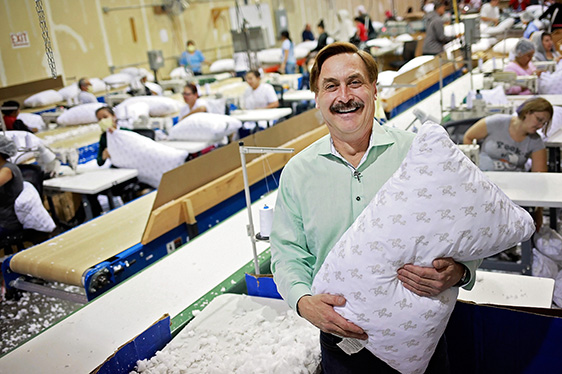Month: February 2024
Saturday Painting Palooza Vol.967
Posted by boran2 | Feb 24, 2024 |
Hello again painting fans. This week I will be continuing with the painting of the Cape May, New...
Read MoreAvoiding the Darkest Pit of Despair
Posted by BooMan | Feb 23, 2024 |
In 2024, we get accountability or all is lost.
Read MoreMidweek Cafe and Lounge, Volume 345
Posted by Don Durito | Feb 21, 2024 |
Howdy. It’s that time again. Here’s a blast from the past. The English language of...
Read MoreIsrael and Its Allies Are Headed for a Rupture
Posted by BooMan | Feb 20, 2024 |
Israelis don't feel safe but all its allies are saying they should stop fighting and give the Palestinians what they want.
Read More
Recent Posts
- Day 14: Louisiana Senator Approvingly Compares Trump to Stalin
- Day 13: Elon Musk Flexes His Muscles
- Day 12: While Elon Musk Takes Over, We Podcast With Driftglass and Blue Gal
- Day 11: Harm of Fascist Regime’s Foreign Aid Freeze Comes Into View
- Day 10: The Fascist Regime Blames a Plane Crash on Nonwhite People





